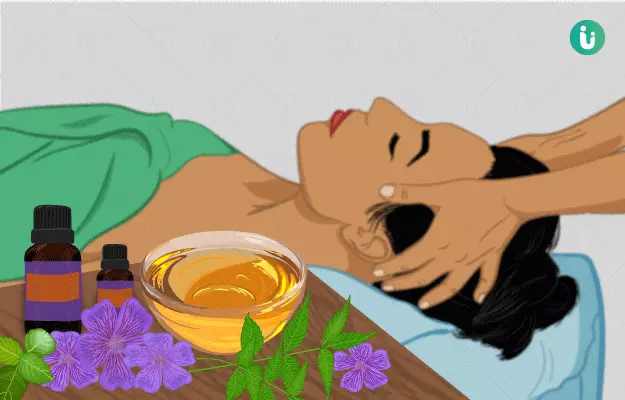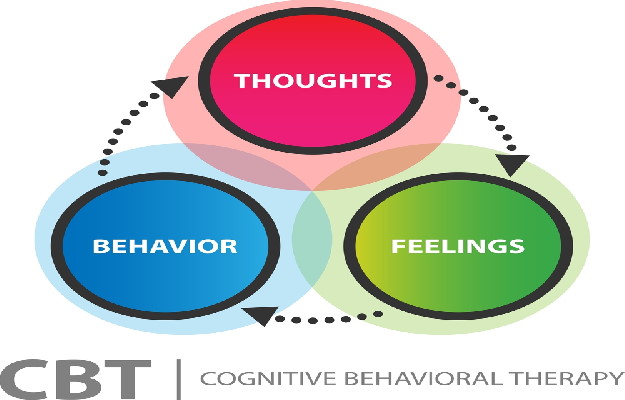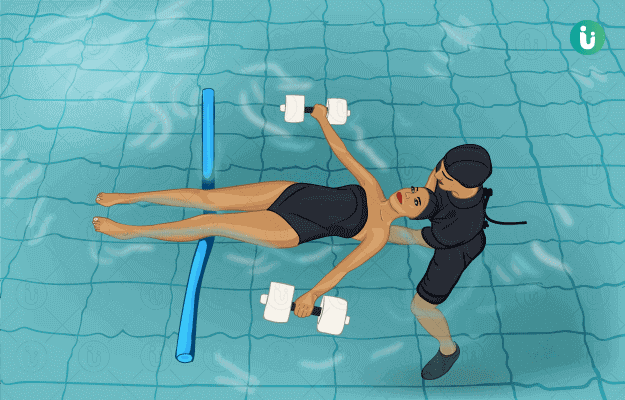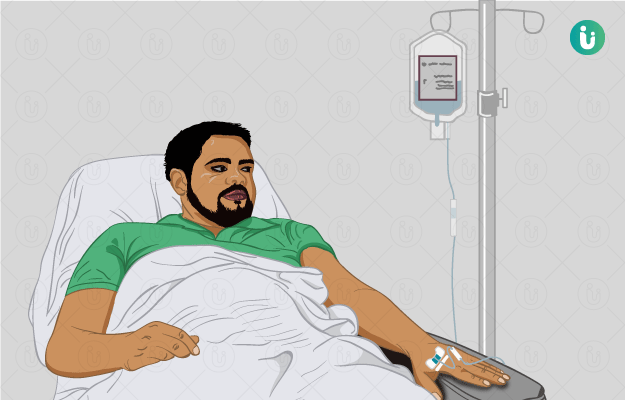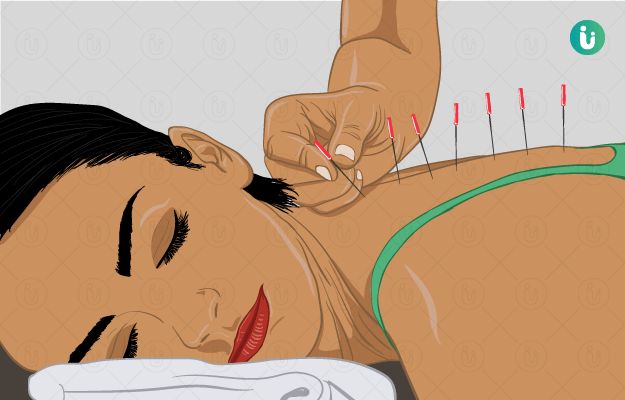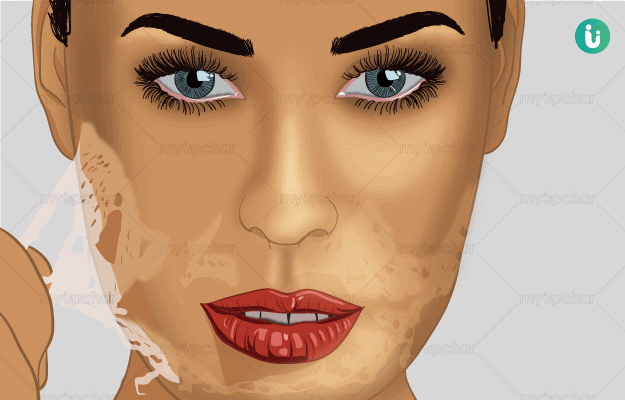Aromatherapy, or essential oil therapy, is a form of alternative medicine that uses essential oils and other naturally derived aroma compounds for a holistic therapeutic approach to psychological and overall physical well-being. While the potency and efficacy of aromatherapy has been contested, research has found it to have beneficial effects for many problems and ailments. Aromatherapy relies on the principle of absorption of essential oils, and other aromatic compounds, into the body, either through smell or skin application, which is then thought to bring about a systemic therapeutic effect. Essential oils for aromatherapy can be dispensed by various methods including the following:
- Diffusers
- Aromatic spritzers
- Inhalers
- Bathing salts
- Body oils for massage or topical application
- Creams for massage or topical application
- Lotions for massage or topical application
- Facial steamers
- Hot compresses
- Cold compresses
- Clay masks
- Aromatherapy massages

